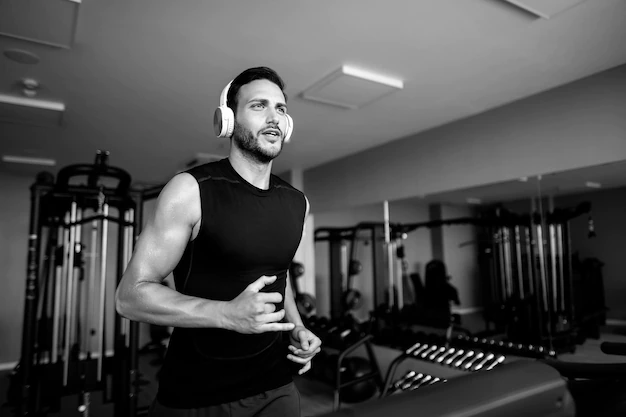Fitness and Resting Heart Rate

Resting heart rate is the number of times your heart beats per minute when you are at rest. It is an indicator of your cardiovascular fitness, with lower resting heart rates indicating better cardiovascular health. A resting heart rate below 60 beats per minute is considered to be in the healthy range, while a resting heart rate above 100 beats per minute is considered to be high and may indicate underlying health issues.
Physical fitness is an important factor in maintaining a healthy resting heart rate. Regular exercise, particularly cardiovascular exercise such as running, swimming, or cycling, can help to improve cardiovascular health and lower resting heart rate. Exercise helps to strengthen the heart muscle and improve its efficiency, leading to a slower resting heart rate. Additionally, regular exercise can help to reduce the risk of heart disease, high blood pressure, and other health conditions.
Other lifestyle factors can also affect resting heart rate. Stress, anxiety, and lack of sleep can all cause the heart rate to increase. Consuming excessive amounts of caffeine and alcohol can also raise the resting heart rate. Making healthy lifestyle choices, such as managing stress levels, getting adequate sleep, and limiting caffeine and alcohol intake, can help to improve cardiovascular health and lower resting heart rate.
It is important to note that certain medications, such as beta-blockers, can lower resting heart rate. If you are taking medication for a medical condition, it is important to talk to your healthcare provider about how this may affect your resting heart rate and overall cardiovascular health.
